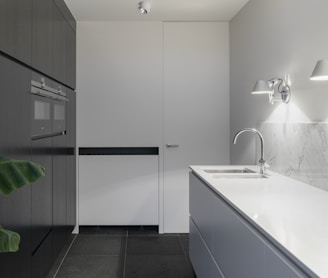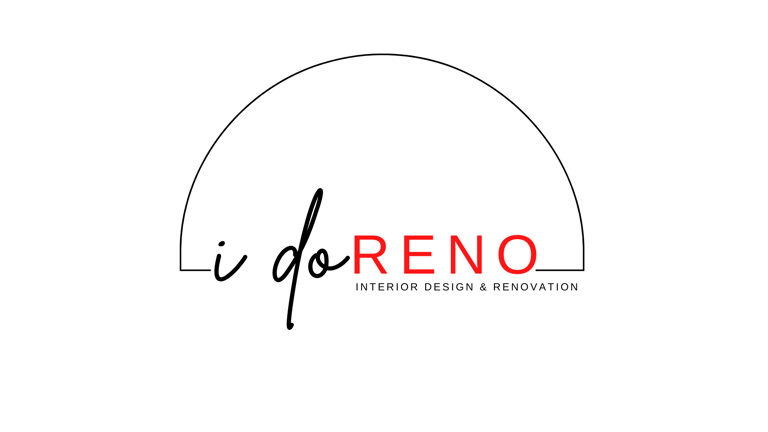Quartz countertops vs Sinter countertops


When it comes to choosing a countertop for your kitchen or bathroom, there are many options available in the market. Two popular choices are quartz countertops and sintered stone countertops. Both of these materials offer unique benefits and drawbacks, and it's important to consider your specific needs and preferences before making a final decision.
Quartz Countertops:
Quartz countertops are made from engineered stone, which is a combination of natural quartz, resins, and pigments. These countertops have gained popularity in recent years due to their durability, low maintenance, and wide range of colors and patterns.
Advantages of Quartz Countertops:
Durability: Quartz countertops are highly durable and can resist scratches, stains, and heat. They are less prone to chipping or cracking than other natural stone materials.
Low Maintenance: Quartz countertops are easy to clean and require minimal maintenance. They do not need to be sealed or resealed, unlike natural stone countertops.
Variety: Quartz countertops are available in a wide range of colors and patterns, making it easy to find the perfect match for your kitchen or bathroom.
Disadvantages of Quartz Countertops:
Cost: Quartz countertops are more expensive than some other materials, such as laminate or tile.
Appearance: While quartz countertops can mimic the look of natural stone, some people may prefer the unique variations and patterns found in natural stone.
Sintered Stone Countertops:
Sintered stone countertops are made from a combination of natural materials, such as quartz, granite, and porcelain, which are sintered together under high pressure and temperature. This process creates a material that is highly resistant to scratches, stains, and heat.
Advantages of Sintered Stone Countertops:
Durability: Sintered stone countertops are highly durable and can withstand heavy use without showing signs of wear and tear.
Low Maintenance: Sintered stone countertops are easy to clean and do not require sealing or resealing.
Aesthetics: Sintered stone countertops have a unique look and can mimic the appearance of natural stone, wood, or concrete.
Disadvantages of Sintered Stone Countertops:
Cost: Sintered stone countertops are more expensive than some other materials, such as laminate or tile.
Installation: Sintered stone countertops are heavy and require professional installation.
Limited Availability: Sintered stone countertops are a newer material and may not be available in all areas.
When choosing between quartz and sintered stone countertops, it's important to consider your specific needs and preferences. If you're looking for a durable, low-maintenance option with a wide range of colors and patterns, quartz countertops may be the right choice for you. If you're interested in a unique look and highly durable material, sintered stone countertops may be the way to go. Ultimately, the choice will depend on your budget, style, and functional needs.
